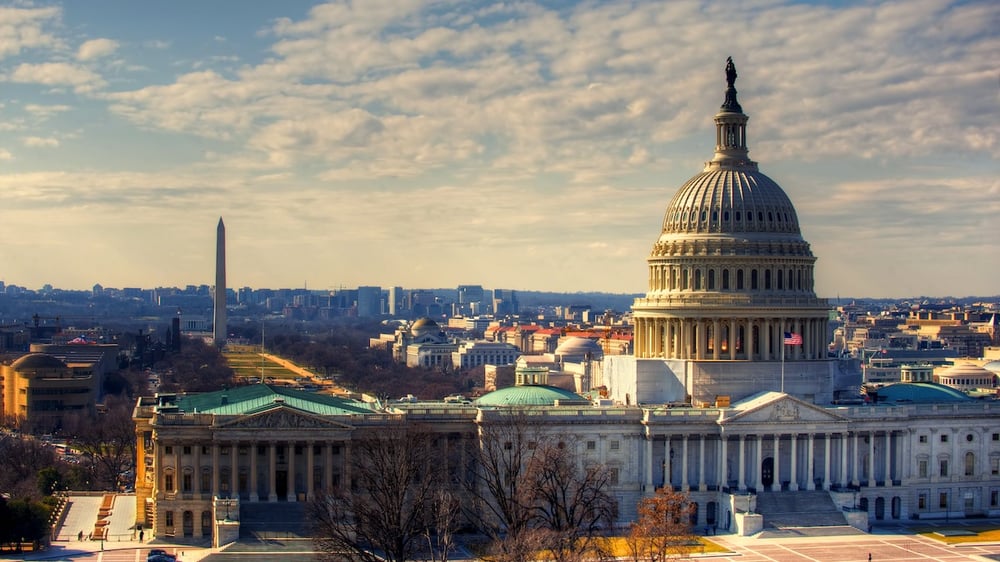
All Eyes on Congress as Bill Could Halt R&D Amortization in IRS 174
Government Contractors and SBIR/STTR awardees are holding their collective breath as Congress considers tax legislation that would immediately halt the devastating R&D Amortization requirement from the TCJA and IRS section 174.
In a 40-3 vote on January 19th, the House Ways and Means Committee advanced a tax deal to the floor that would restore two major business deductions through 2025, among other changes. The deal, titled “Tax Relief for American Families and Workers Act of 2024,” while only a temporary fix (through 2025, but retroactive back to 2022), would restore immediate R&D expenditure deduction for American companies, putting a temporary halt to the 5 year amortization requirement that would dramatically increase the tax burden of many government contractors and SBIR winners (who would be especially hard-hit).
Congressional Democrats expect the bill to go up for a floor vote early next week (though Republicans have not confirmed that). Though it faces opposition from some members on both sides of the aisle, the general consensus is that it is likely to pass (fingers crossed).
While R&D amortization does pose a significant threat to SBIR contractors and grantees, there are some important steps that small businesses can take to reduce the expenses that fall under amortization, and dramatically reduce their tax burden---should the act fail to pass.
Should that happen, ReliAscent will feature a blog from one of our partners next week, covering the steps your business can take to survive R&D Amortization.
Whatever happens next week, we will be sure to keep you informed. But for now, let’s all think positive thoughts and keep up the pressure on your members of congress!
1/31/2024 UPDATE - House Passes the "Tax Relief for American Families and Workers Act of 2024"
The House of Representatives passed the bill on January 31, in a stunning 357-70, bipartisan vote. The bill now moves on to the Senate, where it is expected to pass, but may face challenges from Senators on both sides of the aisle that want to make changes or kill the bill entirely, each accusing the other side of furthering the welfare state. While anonymous Senate staffers have mentioned that they anticipate the bill will not go up for a vote until March, other Washington insiders have indicated it is expected to go up much sooner than that, due to the importance of the legislation and looming tax filing deadline.